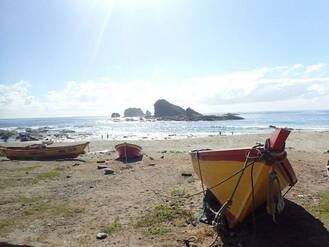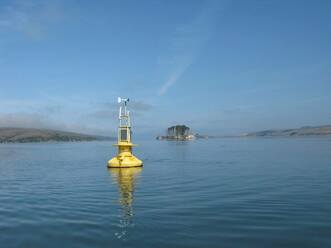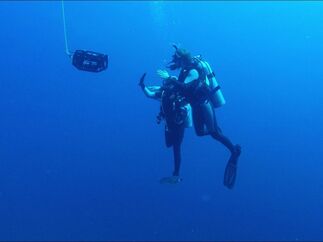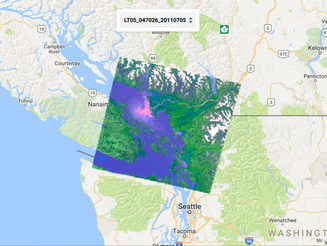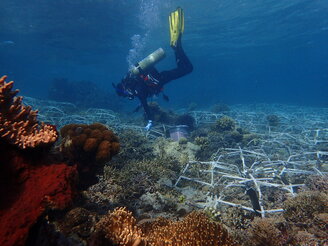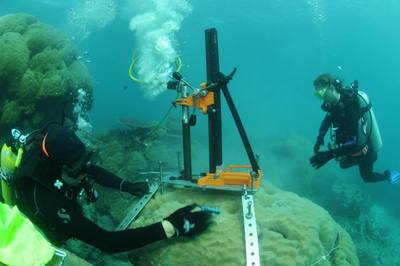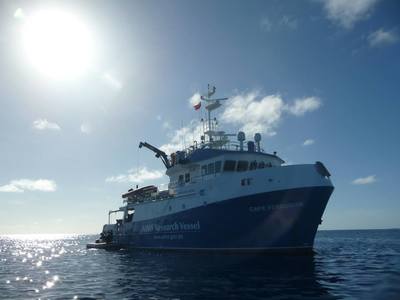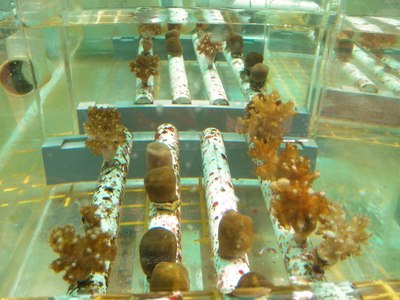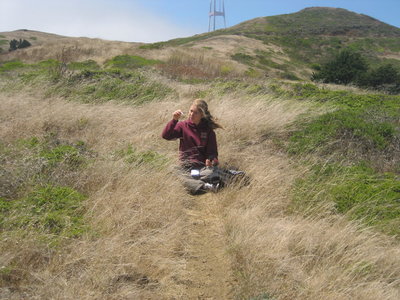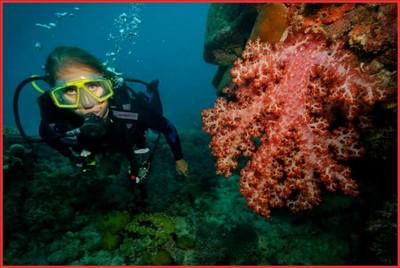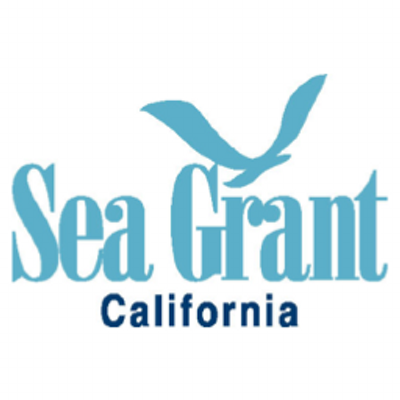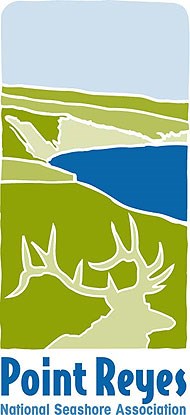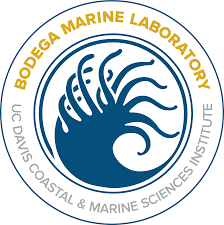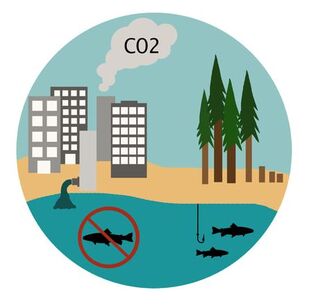
|
MANAGING FOR MULTIPLE STRESSORS Marine habitats are impacted by a multitude of stressors, from land and sea and from local and global sources. Managing these ecosystems requires understanding the cumulative effects of stressors. It turns out, this is very difficult to do and many groups are approaching these challenges differently. |
|
LOCAL ADAPTATION To understand how climate change may impact marine communities, we must understand how species that create habitat will respond to warming and acidification, and how these species may already be adapted to extreme conditions. |
|
REFUGIA Some species' survival depend on zones where conditions are just right, but climate change may be altering the size and timing of these "Goldilocks" locations. Here we investigate how habitat-forming species in estuaries may fare as their refuge changes. |
|
UNEXPLORED HABITAT Vast areas of the ocean remain unexplored, especially in mesophotic depths (50-150 m) where sunlight barely penetrates. We use a Remotely Operated Vehicle to conduct baseline surveys of fish, coral, and algae in the Bay of La Paz and the Revillagigedo Archipelago. Knowing more about these hard-to-access ecosystems aids in their protection. |
|
WATERSHED IMPACTS How we manage our coastal watersheds may have a huge impact on the health of nearshore marine communities. Could over a century of logging explain kelp decline in the Puget Sound? |
|
RESTORATION Sometimes habitat recovery requires human intervention. We use novel restoration methods to rehabilitate Indonesian reefs severely damaged by blast fishing. |
|
|
PRE-GRADUATE SCHOOL My drive to conduct impactful and highly collaborative research was shaped by my experiences before starting graduate school: in the reefs of the Caribbean and Australia, the forested hills of California, and the genetics laboratories of the California Academy of Sciences, Columbia University, and the Australian Institute of Marine Science. |
